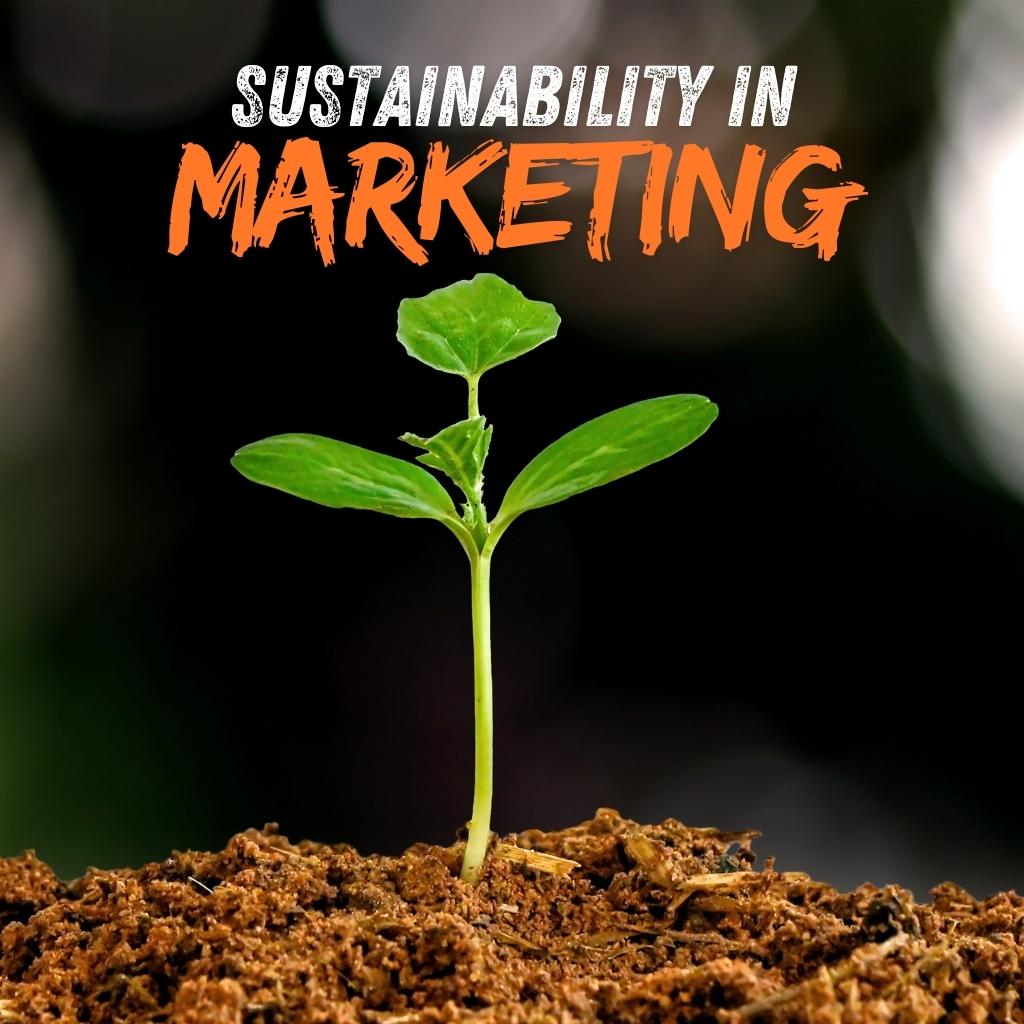In an era where environmental consciousness is at an all-time high, sustainability has become a central focus for businesses and consumers alike. It is a necessity to integrate green initiatives into marketing strategies. Brands that prioritize sustainability not only contribute to a better planet but also foster stronger customer loyalty and trust. Let’s explore how companies can harness the power of sustainable marketing to thrive in 2025 and beyond.
Why Sustainability in Marketing Matters?
Consumers are highly looking for the brands that align with their values. According to recent surveys, over 70% of consumers prefer to buy from companies that are committed to sustainability. Millennials and Gen Z, in particular, are driving this trend, expecting transparency and ethical practices from the brands they support.
Sustainability in marketing is far beyond eco-friendly packaging or reducing carbon footprints. It’s about creating an authentic narrative, integrating sustainable practices into core operations, and effectively communicating these efforts to the audience.
Key Benefits of Green Marketing
- Enhanced Brand Loyalty: Customers are more likely to stay loyal to brands that demonstrate genuine environmental responsibility.
- Competitive Advantage: Standing out in a crowded marketplace becomes easier when your brand champions sustainability.
- Cost Savings: Many sustainable practices, such as energy-efficient operations and waste reduction, lead to significant cost reductions.
- Improved Public Perception: Sustainable brands often enjoy better reputations, attracting media attention and positive word-of-mouth.
Effective Green Marketing Strategies
- Transparent Communication: Share your sustainability journey openly. Highlight your goals, achievements, and even setbacks. Transparency builds trust.
- Eco-Friendly Packaging: Opt for biodegradable, reusable, or recyclable materials. For sustainable packaging consumers are ready to spend more.
- Green Certifications: Obtain certifications such as LEED, Fair Trade, or CarbonNeutral to validate your efforts and make them more credible.
- Partner with Green Organizations: Collaborate with environmental NGOs or participate in green initiatives. This not only amplifies your impact but also strengthens your brand’s credibility.
Through Sustainable Digital Marketing we can reduce the carbon footprint of your online campaigns. For instance, use energy-efficient hosting services for your website and optimize images and videos to reduce data usage.
Examples of Successful Green Marketing
Patagonia: This outdoor apparel brand has become synonymous with sustainability. From advocating for environmental policies to repairing old products for free, Patagonia leads by example.
IKEA: The global furniture giant’s commitment to renewable energy and sustainable materials showcases its dedication to green practices.
Unilever: Through its “Sustainable Living Plan,” Unilever has achieved remarkable milestones in reducing waste and promoting health and well-being.
Challenges in Sustainable Marketing
- Greenwashing: Brands must avoid making exaggerated or false claims about their sustainability efforts. Authenticity is key.
- Cost Implications: Transitioning to sustainable practices often requires significant initial investments.
- Consumer Education: Sustainability is not understood by every consumer. Marketers must educate their audience about why these initiatives matter.
The Future of Green Marketing
As we move toward 2025, sustainability will continue to shape marketing trends. Emerging technologies like blockchain will enhance transparency, while artificial intelligence will help optimize sustainable practices. Companies that embrace these innovations early will be at the forefront of the green revolution.
Conclusion
Sustainability in marketing is more than a trend; it’s a movement that’s here to stay. By adopting green initiatives, brands not only contribute to the planet’s well-being but also create meaningful connections with their audience. As consumer expectations evolve, staying committed to sustainability will be the key to long-term success. Start today—because the future is green.

